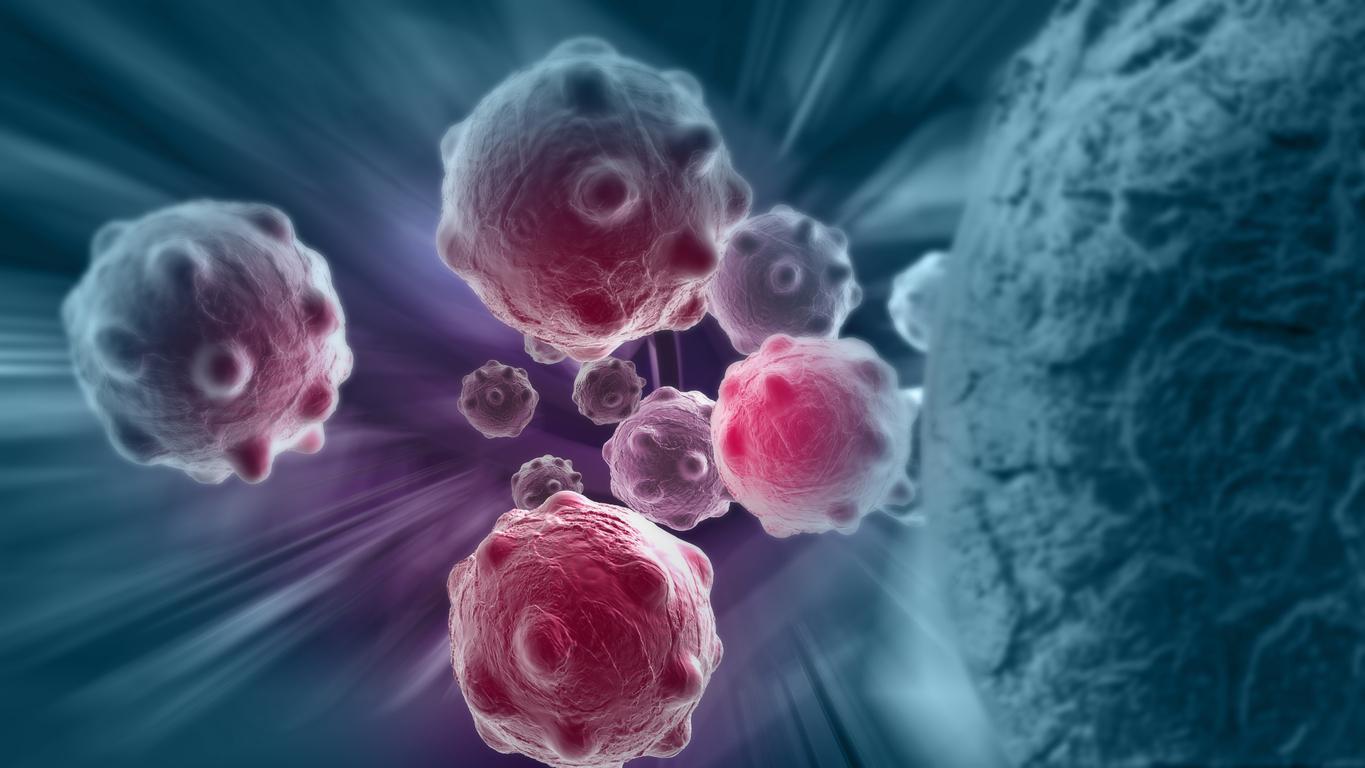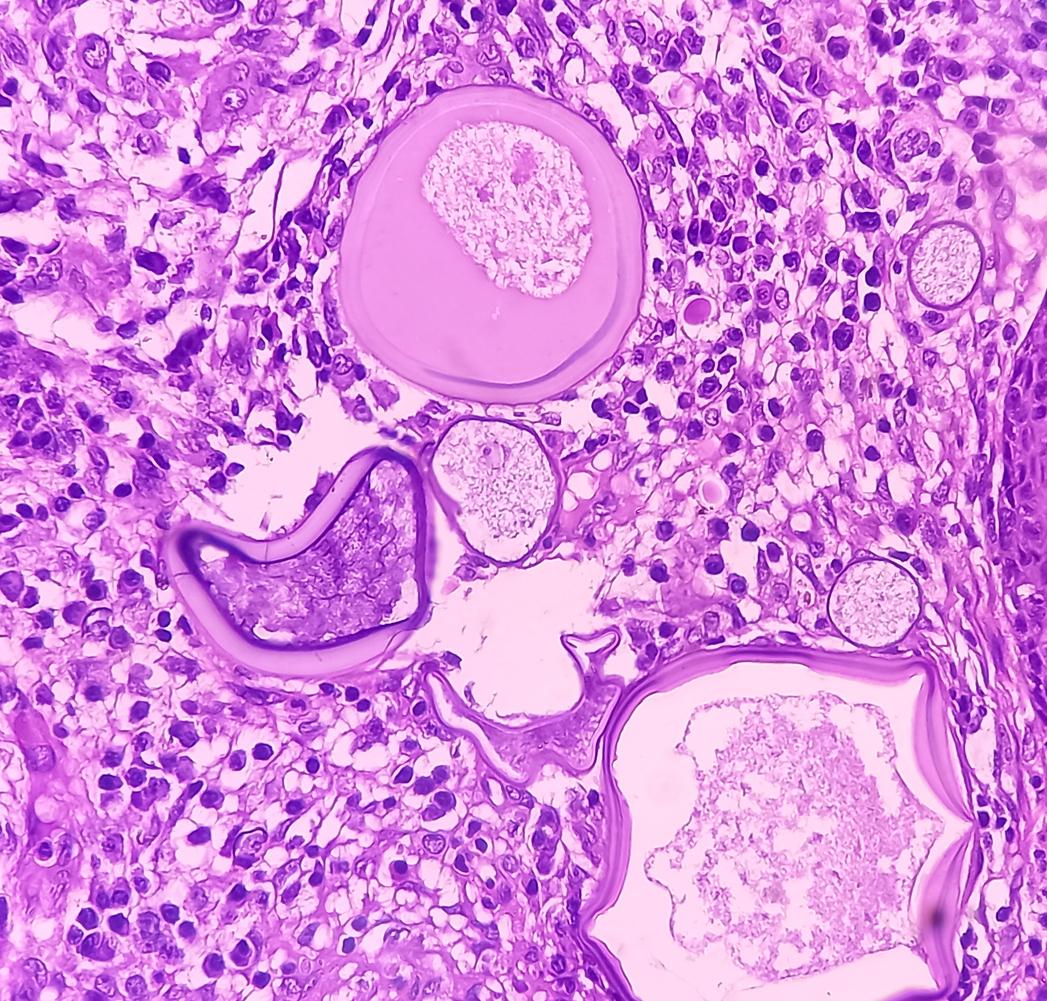Researchers have developed a new method based on MRI to detect water exchange inside tumor cells, a criterion that makes it possible to assess their degree of aggressiveness.

- Researchers have developed a new CEST, based on MRI, to measure the aggressiveness of tumors by measuring water exchange in them.
- According to clinical trials carried out on mice, this method would be effective.
- Scientists observed that the more water exchange increased, the more aggressive the tumors were.
Characterizing a tumor is essential to best adapt patient care. A team of Italian researchers, the University of Turin and of the IRCCS SDN SynLab of Naples, has just developed a new method which makes it possible to assess the degree of malignancy, that is to say aggressiveness, of a tumor. Their study appeared in the journal Angewandte Chemie International Edition.
An MRI-based method
The degree of aggressiveness of a tumor is an important element for health professionals. They take this into account to best adapt the treatment. So, to measure this aggressiveness, scientists have developed a new method.
This is based on magnetic resonance imaging (MRI) and is called CEST, for Chemical Exchange Saturation Transfer. It makes it possible to detect the exchange of water inside the tumor cells, which makes it possible to measure their degree of aggressiveness and therefore to adapt the treatment.
To test the effectiveness of this new CEST method, the researchers conducted a clinical trial on mice with breast cancer tumors with different degrees of malignancy. Result: CEST was effective and made it possible to measure water exchange inside tumor cells.
The more water exchange increases, the more aggressive the tumors
Scientists observed that the more water exchange increased, the more aggressive the tumors were. Additionally, within the tumors, scientists were able to differentiate areas of tumor malignancy and tumor malignancy could be assessed in lesions of various sizes.
Finally, the last lesson from this study: scientists discovered that Doxorubicin, a cytostatic drug that prevents the growth of certain cellsreduced water permeability.
Ultimately, this discovery could be a new tool for doctors to best adapt the management of patients with aggressive tumors.


















